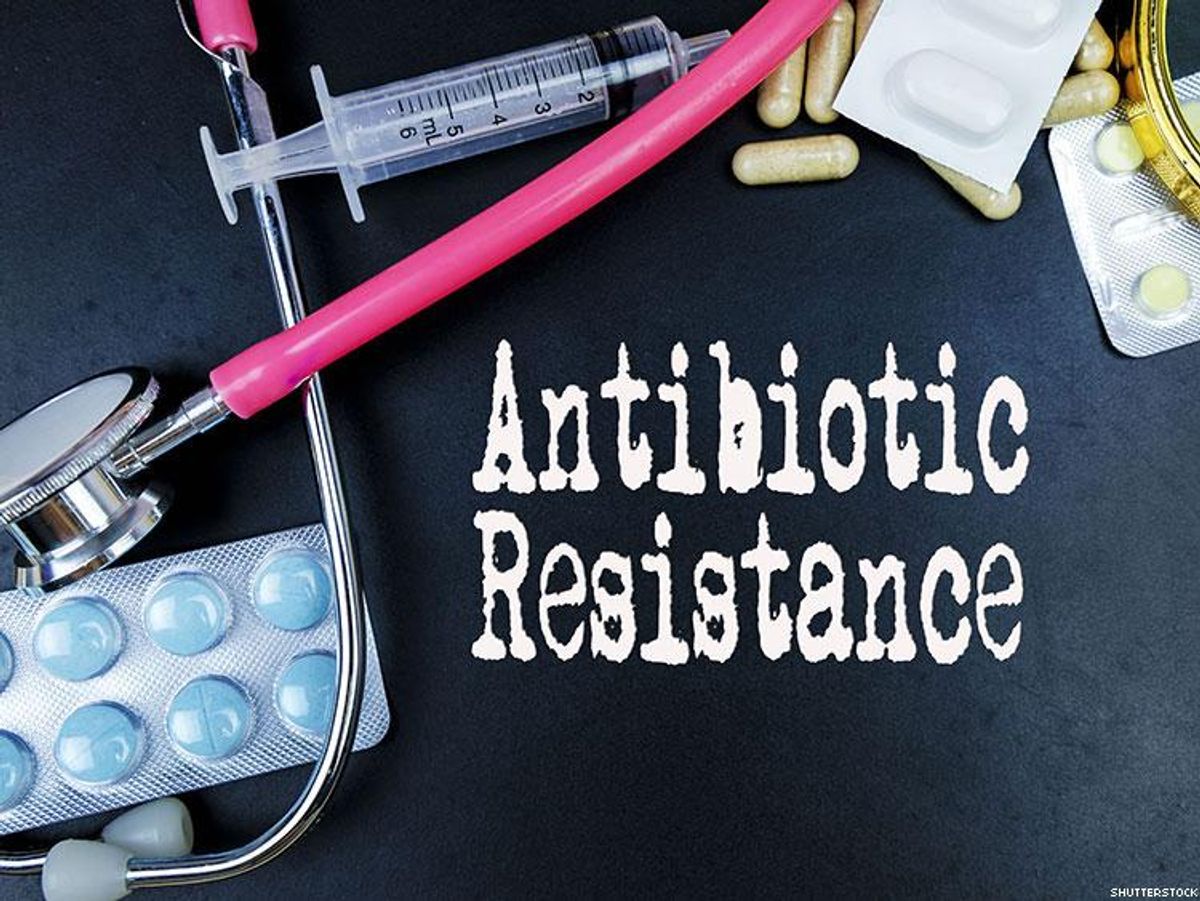I’m afraid we’ve got some bad news. According to the World Health Organization, gonorrhea is becoming too strong for our own good. So strong, in fact, that researchers think strains of untreatable gonorrhea are likely to become a reality sooner than later.
This isn’t the first time WHO spoke out about resistant strains of gonorrhea. In 2010, organization officials met with public health experts to devise an action plan for addressing the growing threat. But despite their efforts, doctors are still seen growing numbers of drug-resistant cases.
“Over the last 70 or so years that we’ve been using antibiotics to treat gonorrhea, the bacteria has gotten better and better at beating the drugs we’ve used to kill it,” Dr. Nicholas Moss, an Infections Disease Specialist, said to Plus. “‘Drug resistant’ just means that the bacteria has evolved to the point where certain antibiotics no longer work against it.”
WHO Medical Officer Dr. Teodora Wi spoke to the Guardian about the threat, saying there are three specific cases of strains of gonorrhea where no known antibiotics are effective — these diagnoses were in Japan, France, and Spain.
“These cases may just be the tip of the iceberg,” Wi said. “Systems to diagnose and report untreatable infections are lacking in lower-income countries where gonorrhea is actually more common.” It was also reported that antibiotics used to treat bacteria in the back of the throat are causing Neisseria gonorrhea (the bacteria that causes gonorrhea) to develop resistance.
“When you use antibiotics to treat infections like a normal sore throat, this mixes with the Neisseria species in your throat and this results in resistance,” Wi clarified.
Surprisingly enough, recent studies showed that the daily use of Listerine mouthwash could ultimately suppress gonorrhea. After collecting people who'd tested positive for gonorrhea and putting them into two gropus — one given Listerine to gargle with and the other giving a saline solution — it was discovered the group that gargled Listerine had 52 percent viable gonorrhea left in the throat, while the saline group had 84 percent.
“Our data provides preliminary evidence to support the further investigation of mouthwash as a non-condom-based control measure for gonorrhea,” those researchers concluded. “Listerine mouthwash is a cheap, easy to use and effective agent that inhibits gonorrhea growth and requires further careful consideration and study.”
According to the Centers for Disease Control and Prevention, in 2015 a total of 395,216 cases of gonorrhea were reported.
Gonorrhea, one of the most common STIs (alongside Chlamydia), can lead to infertility, pelvic inflammatory disease, ectopic pregnancy, and infections in newborns if left untreated. It also increases the chances of acquiring and transmitting HIV.
CLICK HERE to see the counties with the highest gonorrhea and Chlamydia rates in each state.















































































